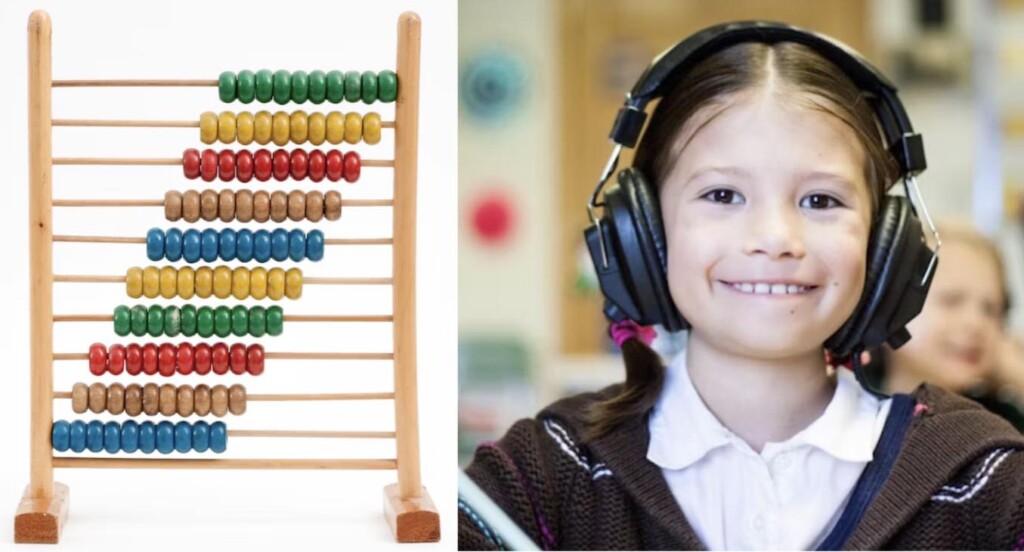Gorodenkoff/Shutterstock Anna Fiveash, Western Sydney University
Listening to music can enhance our lives in all kinds of ways – many of us use it during exercise, to regulate our mood, or in the workplace.
But can listening to background music while you work really make you more productive?
It’s a controversial topic. Some people swear by it, others find it painfully distracting. The research agrees there’s no one-size-fits-all answer to this question.
The best way to use music in the workplace depends on several factors, including your personality traits, what you’re doing, and what kind of music you’re listening to.
Here’s how to find out what works best for you.
Who you are
Your personality has a key influence on whether background music can boost productivity or be distracting in the workplace, which relates to your unique optimal level of arousal.
Arousal in this context relates to mental alertness, and the readiness of the brain to process new information. Background music can increase it.
Research suggests that being at an optimal level of arousal facilitates a state of “flow”, enhancing performance and productivity.
Introverts already have a high baseline level of internal arousal.
Adding background music might push them over their optimal level, likely reducing productivity.
Extroverts, on the other hand, have lower baseline levels of internal arousal, so need more external stimulation to perform at their optimal level.
This is why introverts may perform worse than extroverts with background music, especially when the music is highly arousing.
What you’re doing
Research has shown the nature of the task you’re doing can also have an important effect.
Because of connections between music and language in the brain, trying to read and write at the same time as listening to complex music – especially music with lyrics – can be particularly difficult.
However, if you’re doing a simple or repetitive task such as data entry or a manual task, having music on in the background can help with performance – particularly upbeat and complex music.
These findings could be related to music’s effects on motivation and maintaining attention, as well as activating reward networks in the brain.
The type of music itself
One important and often overlooked influence is what kind of music you choose to listen to.
Research has shown that fast and loud music can be more detrimental to complex tasks, such as reading comprehension, than soft and slow music.
Other research found that listening to calming music can have benefits for memory, while aggressive and unpleasant music can have the opposite effect.
However, these effects also depend on your personality, your familiarity with the music, and your musical preferences, so the type of music that works best will be different for everyone.
Music can be very rewarding and can benefit attention, mood and motivation.
Choosing music that is meaningful, rewarding and makes you feel good will likely help boost your performance, especially when performing simple tasks.
What about complex tasks?
It largely seems that the more complex or demanding the task is, the more distracting background music can be.
One way to harness the motivational and mood-boosting effects of music to help with your workplace productivity is to play music before doing your work.
Using music to boost your mood and enhance attention before starting a work task could help you be more productive in that task.
Playing music before a demanding task has been shown to boost language abilities in particular.
So if you’re about to do a cognitively demanding task involving reading and writing, and you feel that music might distract you if played at the same time, try listening to it just before doing the task.
Find what works for you
Music can be both helpful and detrimental for workplace productivity – the best advice is to experiment with different tasks and different types of music, to find out what works best for you.
Try to experiment with your favourite music first, while doing a simple task.
Does the music help you engage with the task? Or do you get distracted and start to become more absorbed in the music? Listening to music without lyrics and with a strong beat might help you focus on the task at hand.
If you find music is distracting to your work, try scheduling in some music breaks throughout the day. Listening to music during breaks could boost your mood and increase your motivation, thereby enhancing productivity.
Moving along with music is suggested to increase reward processing, especially in social situations.
Dancing has the added bonus of getting you out of your chair and moving along in time, so bonus points if you are able to make it a dance break! ![]()
Anna Fiveash, ARC DECRA Fellow (Researcher), Western Sydney University
This article is republished from The Conversation under a Creative Commons license. Read the original article.

